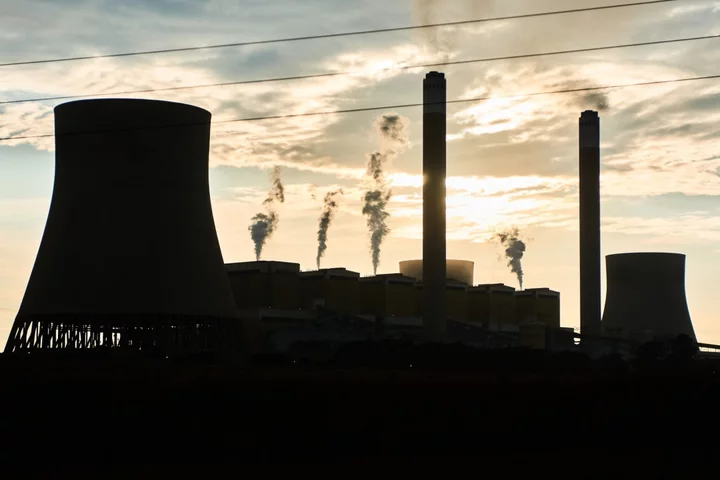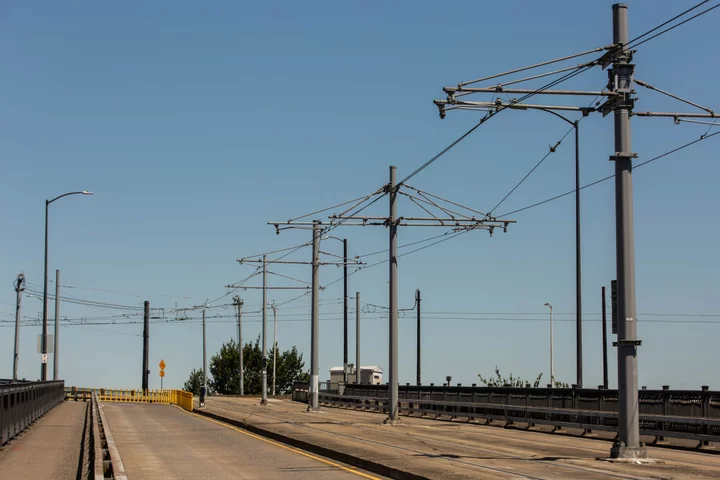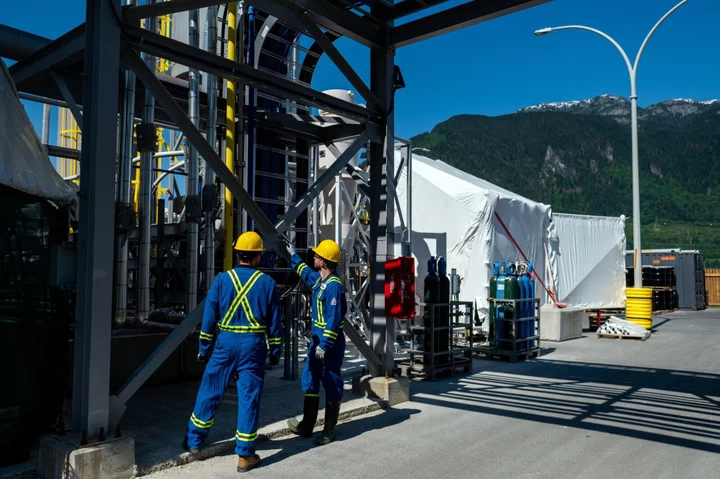Suspending a plan to retire 11,300 megawatts of South African coal-fired power generation to ease blackouts could lead to more than 15,000 deaths that wouldn’t occur if the plants were closed, according to the Centre for Research on Energy and Clean Air.
Leaving open all seven facilities run by state power firm Eskom Holdings SOC Ltd. that are scheduled to close by 2030 could cause 6,200 deaths from exposure to particulate emissions, 5,700 from sulfur-dioxide emissions and 3,500 from nitrogen dioxide, the Helsinki-based pollution research nonprofit said in a study.
While the government has acknowledged the harmful effect of air pollution, it’s reassessing a plan to shut the plants. It says there’s a need to balance the health effects of the emissions against the impact of power outages that have held back economic growth, and the loss of jobs in surrounding communities. The plants represent about a quarter of current installed capacity.
Eskom, which CREA previously named as the world’s biggest sulfur-dioxide emitter, has 14 coal-fired power stations, most of which are to the east of Johannesburg. Last year, the state lost a High Court case and was ordered to enforce its own pollution legislation against both Eskom and Sasol Ltd., a petrochemicals company.
Eskom has previously recognized that its emissions impact the health of South Africans, but has disputed the methodology used by CREA in earlier reports. The company didn’t respond to questions on the latest study.
The particulate discharge alone could cause emphysema, bronchitis, lung cancer, heart attacks, strokes and diabetes, CREA said.









